HOW TO PLAY THE GAME THAT ACTUALLY MATTERS.
What I Learned From 6 Days in Total Darkness.
AUBREY MARCUS
I knew that when my biking career ended—in, let’s be honest, spectacular fashion—that I was going to lose $100 million. I was going to lose half of my friends. And I was going to lose an organization that I spent 15 years building. I knew that—in just a second—it was all going to be gone.
Most people haven’t had a history as public as mine, but the truth is we all, in varying degrees and in different ways, have a past. Whether it’s events in our lives that didn’t go quite the way they were supposed to, or experiences we’ve long since forgotten, we are products of the moments that brought us here, right up until this point.
But there’s a problem. In each and every moment, the past has a tendency to hijack our minds. Whether we’re with our kids, chatting with our friends, or just sitting at our desks, it’s easy to slip away from what’s in front of us.
And the problem with the past isn’t just that we think about it. It’s that we tend to let it define and structure our lives in ways it shouldn’t. We live through our pasts—even if it doesn’t serve us.
Don’t get me wrong: the past is critical. Believe me—learning from the past and making better choices in the future is one of the many beautiful things it offers us. Part of moving forward means looking back, grasping the gravity of what you’ve done and who you are, and making a new path.
But once you’ve done that, I’ve noticed that life—at some point—has to be lived for what serves us right now.
I have a print on my wall by Ed Rushcha. It says, “That was then. This is now.”
My seven yellows (the jerseys you get when you win the Tour de France)—the ones I won over the years—don’t hang on the walls anymore. And the reason, simply, is because that was then, and this is now. With each and every step in this life, change is continual. But with each change—especially the big ones—I know that evolving my framework for what success looks like has helped.
Success for me in 1995 is through-and-through a different animal to what success looks like for me in 2020. And what I’ve found over the years is that when you really figure out what’s valuable now, double-down on it, and live fully for what’s in front of you, the past doesn’t quite itch as much as it could.
In my own personal context, paying very close attention to what’s meaningful has helped. It meant doubling down on my kids. It meant hugging them harder—and noticing (and appreciating) the preciousness of life. It meant taking the variables I cared about, and going all in (which, I’ve always liked to do anyway). Even if I was going to a soccer practice or just picking the kids up (which some would consider mundane), my strategy was to make every second count—even when it didn’t feel like it should.
Look—the past is, and always will be, the past. It’s worthy of respect. It’s a part of your life, a part of who you are, and the string of experiences we call the past matters.
But that was then, and this is now. And living fully within what’s happening right now, each and every moment, is something we shouldn’t forget—even if the past wants us too.
This piece is part 02 of a series called UNLEARNED: Cut the BullSh*t, Unlock Your Best Self & Find Your True Path. To read all, visit here.
(If already opted-in, see your email for “START HERE” link)
FOR MORE, LISTEN TO (OR WATCH) LANCE’S PODCAST ON TGU:
AUBREY MARCUS is the founder of ONNIT, a Best-Selling Author of “Own the Day, Own Your Life” and the host of The Aubrey Marcus Podcast. Learn more here…


